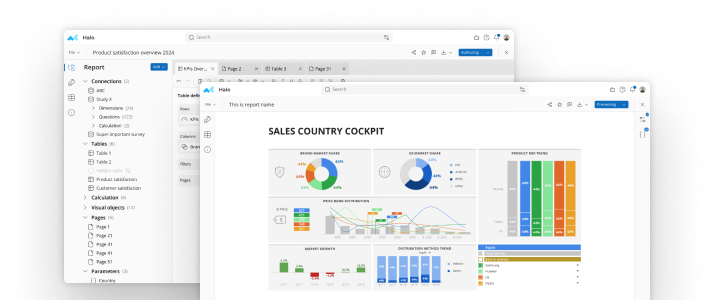Correlational research can tell you who buys your products, but it may or may not tell you why. For example: Let's say that you are trying to sell instant meals. If your research tells you that working mothers buy more instant meals, you cannot draw the conclusion that being a working mother causes people to purchase instant meals. The purchase of instant meals could be due to a third factor such as being too busy to cook, having extra money, or trying to control calorie intake.
More complex correlational research studies can help you narrow down the causation, but you still cannot draw a conclusion from them with absolute certainly. In fact, the more factors you add, the more confused you may become. Let's say you discover that only single working mothers purchase instant meals and that married working mothers rely on their spouses to cook. Should you try to market instant meals to the spouses of working mothers, or could there be yet another factor involved that is still eluding you?
Knowing for sure
If you really want to know whether being a working mother causes people to purchase more instant meals, you need to conduct a controlled experiment. This means that you would need to have a large pool of subjects, randomly assign them to be working mothers, and monitor their purchasing habits. Unfortunately, we cannot ethically force people to be or not to be working mothers. This is a lifestyle choice, and an experiment where we let the subjects choose their own treatment would not be an experiment at all.A good way to dig deeper in your research without dealing with ethical issues is to ask an open-ended question. It may take you more time to read through all of the responses, but with the right software you can make the process much faster. You can find out how often a certain keyword or phrase is used to determine why people purchase instant meals. If a common response is, "I am a working mother," you can be reasonably certain that being a working mother causes people to purchase instant meals. While this is still technically a correlational research study, it can give you more useful information than a survey in which you only allow simple, discrete responses.
See mTab Halo in Action
Make smarter decisions faster with the world's #1 Insight Management System.




